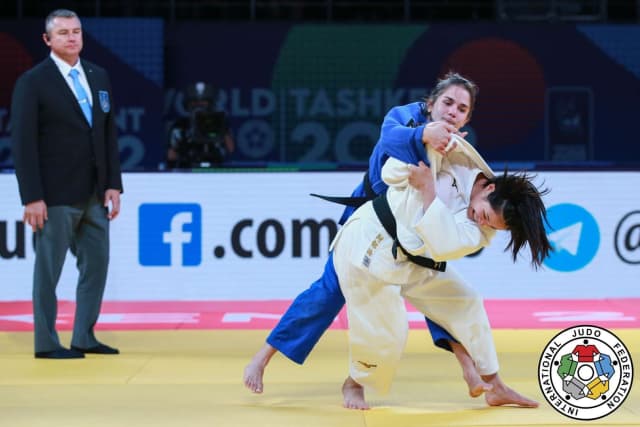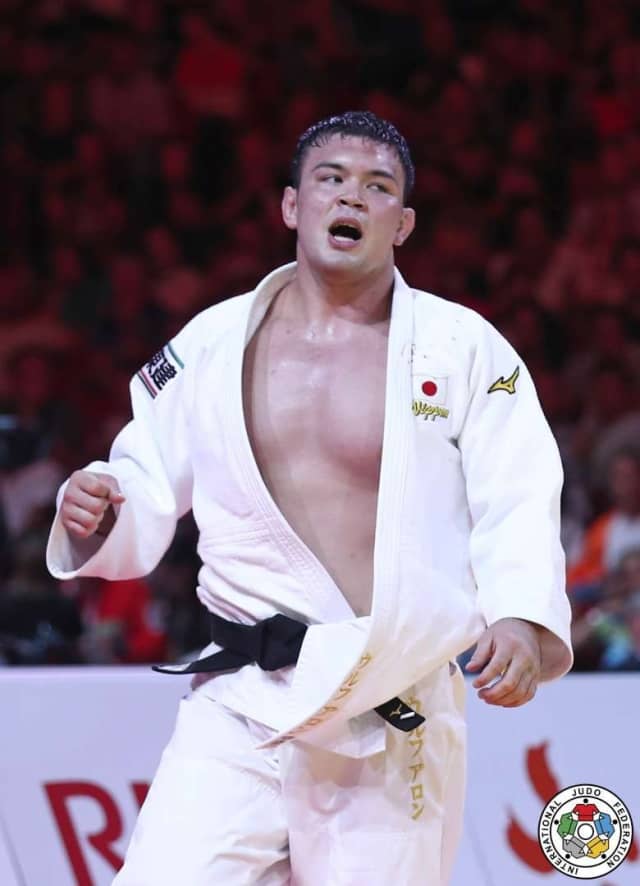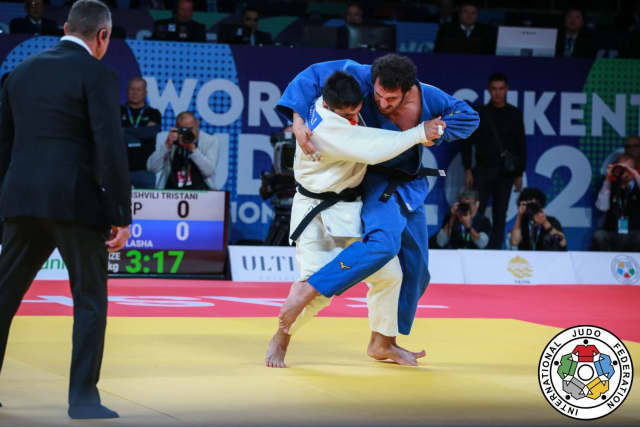Tokyo is the impregnable fortress that no-one wants to attack. It's cold, it's been a year full of battles, the bodies are tired, the forces are depleted, it's far away and it has a frightening defensive device. Travelling to Tokyo is a test of will, a leap into the void without a safety net. As, furthermore, we are not talking about a film or a novel, there is no guarantee that there will be a happy ending, rather the opposite.
In Japan, when the brave land with fatigued bodies and suffering from the rigours of jetlag, they have to prepare for combat against the cream of world judo. Japan is that, a formidable army of first swords that, to finish off the theory that we expose, are fresh as a lettuce, rested and without dark circles. If you want the last two statistics, we add that there are four Japanese per category, because they have the right, they organise the event after all, and they have prepared their entire arsenal. In addition to those we have seen this year, such as Uta Abe, Ai Shishime, Shori Hamada, Ryuju Nagayama, Joshiro Maruyama or Takanori Nagase, the home team will also present those we have not seen, Olympic champions such as Aaron Wolf, and Akira Sone. The message is clear: Japan wants to tie up all the gold medals in their own home before closing the annual cycle at the Masters. It is an ambitious bet but if there is a country that can do it, that country is Japan.
It may also be an internal message. Japan concluded the recent world championships at the head of the medal table but did not meet the expectations that had been set. There were confirmations that surprised no-one, especially in the lighter categories, and great disappointments. There were also notable absences. That is why it is likely that the abundance of champions in the grand slam is a declaration of intent for all and sundry.
So, what about the others, those brave ones, and why haven't they stayed in their homes? They have not done so for one reason, only one reason, the only argument that counters the theory that those who have not wanted to travel cling to. It is simple and explains everything: to be the best you have to face and beat the best. If the best are in Japan and they are Japanese, then they will have to go to Japan, sleep for a few hours, take a shower, get on the tatami and win by ippon, that is, conquer the fortress. This is how Mongolia, Germany, Canada, South Korea and France have understood it. They have mobilised forces to carry out the displacement; this is how the Georgian Olympic champion Lasha Bekauri has understood it, whose most glorious moment in his biography took place in these same lands a little more than a year ago.
You have to be aware of the danger, you have to accept that the Japanese adversary will have an advantage and you have to be reckless, disregard the adverse conditions and propose the best judo, fight without handbrakes. It is a mission of extraordinary complexity but is not impossible. It is a matter for the brave and if they manage to win, then they will know that they are the best and if someone says otherwise, they will be lying or they will not know what they are talking about.



